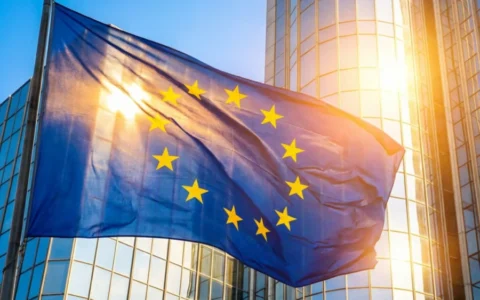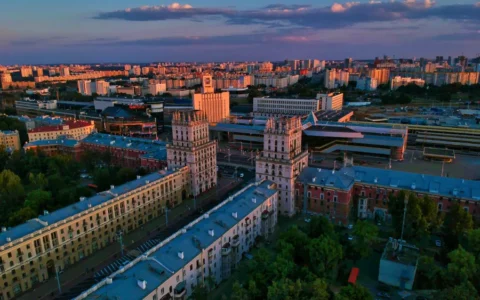Italy’s Golden Visa program, officially known as the Investor Visa for Italy, was established in 2017 to attract foreign investment and foster economic growth. While many investors gravitate towards traditional options such as government bonds or large-scale company shares, the innovative startup investment path remains an underappreciated yet highly promising avenue. This article explores why the startup option is a hidden gem in Italy’s immigration and investment landscape.
The Investor Visa Program: A Snapshot
The Italian Investor Visa offers non-EU nationals a streamlined pathway to residency in exchange for strategic investments in Italy. The program includes various investment options:
- €2 million in government bonds
- €1 million in philanthropic donations
- €500,000 in Italian companies
- €250,000 in innovative startups
Among these, the innovative startup investment stands out due to its lower entry threshold and straightforward requirements. This investment can be made either personally by the applicant or through a company for which the applicant serves as the legal representative, providing additional flexibility in structuring the investment.
Defining an Innovative Startup
Italy’s definition of an innovative startup is governed by Legislative Decree 179/2012. To qualify, a company must:
- Be operational for no more than 60 months.
- Have its headquarters or production site in Italy.
- Generate annual revenues under €5 million from the second year of operation.
- Not distribute profits.
- Focus on developing, producing, and commercializing innovative products or services.
It is important to clarify that this is not a Startup Visa. Therefore, the startup receiving the investment is not obligated to create jobs, meet minimum tax thresholds, or fulfill other operational requirements typically associated with startup visas.

The Nulla Osta: A Critical Step
Obtaining the Nulla Osta (Certificate of No Impediment) is a pivotal step in the Golden Visa process. This certificate confirms that the proposed investment complies with Italian law. Notably, the actual transfer of funds for the investment is only required after visa approval, significantly reducing upfront financial risk for the investor. The process involves several streamlined steps:
- Digital Signature and Account Setup: The applicant must secure an Italian-approved digital signature and register on the official Investor Visa platform (investorvisa.mise.gov.it).
- Application Submission: The applicant completes an online form in English or Italian and uploads essential documentation, including:
- Personal details and passport copy
- Curriculum Vitae
- Detailed description of the chosen investment (in this case, the innovative startup)
- Proof of funds (bank statements and a FATF-compliant declaration from the financial institution)
- Apostilled criminal record
- Declaration of commitment to complete the investment
- Compliance Check: The Secretariat of the Investor Visa Committee reviews the application for completeness and compliance. If necessary, the applicant is given 30 days to correct any deficiencies.
- Committee Evaluation: A multidisciplinary committee evaluates the legitimacy and compliance of the investment. If approved, the Nulla Osta is electronically signed and shared with the applicant and the relevant consular authority.
- Visa Application: With the Nulla Osta, the applicant must apply for the visa at the Italian consulate within six months.
- Finalizing Residency and Investment: Upon entry into Italy, the applicant has eight working days to apply for a residence permit and three months to complete the declared investment.
Why the Startup Option Is a Hidden Gem
- Lower Capital Requirement: At just €250,000, the startup investment is the most accessible entry point into Italy’s Golden Visa program.
- Delayed Investment Commitment: The investment is only made after your visa approval.
- Short Holding Period: The required holding period is two years. After two years, the investors can divest.
- Flexible Investment Structure: Investors can make the investment personally or through a company they legally represent.
- No Operational Burdens: Unlike startup visas, this investment route does not impose obligations on the startup to create jobs, meet tax thresholds, or fulfill specific business operations.
- Family Inclusion: The program facilitates family reunification, allowing spouses, minor children, dependent adult children, and elderly parents to obtain residency permits that mirror the investor’s permit validity.
Long-Term Benefits
Investors are granted a two-year residence permit, renewable for three years, provided the investment is maintained for the initial two-year period. After five years of continuous residency, investors can apply for a long-term EU residence permit, granting enhanced mobility and rights within the Schengen Area.






